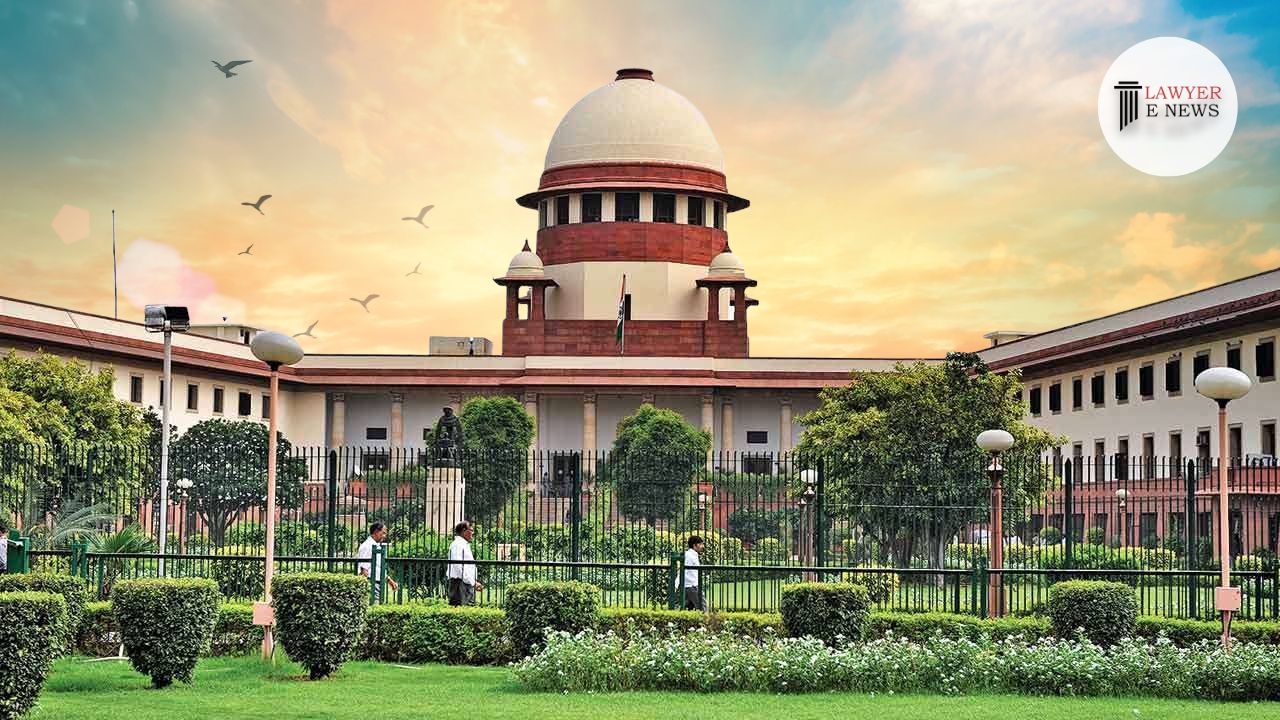-
by Admin
15 February 2026 5:35 AM



The Supreme Court, in a significant judgment, upheld the rights of tenants over ‘Watan’ lands, post the implementation of the Maharashtra Revenue Patels (Abolition of Offices) Act, 1962, emphasizing the continued protection of tenancy rights and the right to purchase such lands. The Bench of Justices C.T. Ravikumar and Sanjay Kumar delivered the landmark verdict in the case of Baban Balaji More (Dead) by LRs. & others v. Babaji Hari Shelar (Dead) by LRs. & others.
The crux of the judgment revolved around the interpretation and harmonious construction of three vintage legislations: the Maharashtra Hereditary Offices Act, 1874; the Maharashtra Tenancy and Agricultural Lands Act, 1948; and the Maharashtra Revenue Patels (Abolition of Offices) Act, 1962. The central issue was whether the tenancy rights over lands held under Watan status were legally valid on the date of the Abolition Act’s enactment.
The dispute involved the tenancy of Watan lands in the village of Chikhali. The tenants, predecessors of the respondents, were cultivating the lands since around 1955-56. After the original Watandar’s death, his legal heirs sought to reclaim possession under the 1874 Act. The conflict escalated through various legal channels, ultimately bringing into question the applicability of the Tenancy Act and the effect of the Abolition Act on the tenancy rights.
Validity of Tenancy Rights: The Supreme Court meticulously analyzed the three legislations. It concluded that the tenants’ rights were protected under the Tenancy Act and continued to subsist post the enactment of the Abolition Act. The Court emphasized, “The limited exemption from certain provisions of the Tenancy Act, afforded by Section 88CA thereof, continued until the Abolition Act came into force on 01.01.1963. Thereafter, as the very institution of Patel Watan stood abolished, the limited exemption extended to such Watan lands under Section 88CA of the Tenancy Act also ceased.”
Right to Purchase: The Court upheld the tenants’ right to purchase the Watan lands, recognizing the transition of their legal status following the regrant after the Abolition Act. The judgment clarified, “That right became operational on 27.11.1964, when these Watan lands were regranted to the heirs of the original Watandar.”
Invalidity of Orders under 1874 Act: The Court held that the orders under Sections 5, 11, and 11A of the 1874 Act concerning the recovery of possession from tenants were invalid after the introduction of the Tenancy Act.
The Supreme Court dismissed the appeal, affirming the tenants’ rights to purchase the tenanted agricultural Watan lands under the Tenancy Act following the enactment of the Abolition Act. The parties were directed to bear their own costs.
Date of Decision: March 14, 2024
Baban Balaji More (Dead) by LRs. & others v. Babaji Hari Shelar (Dead) by LRs. & others
